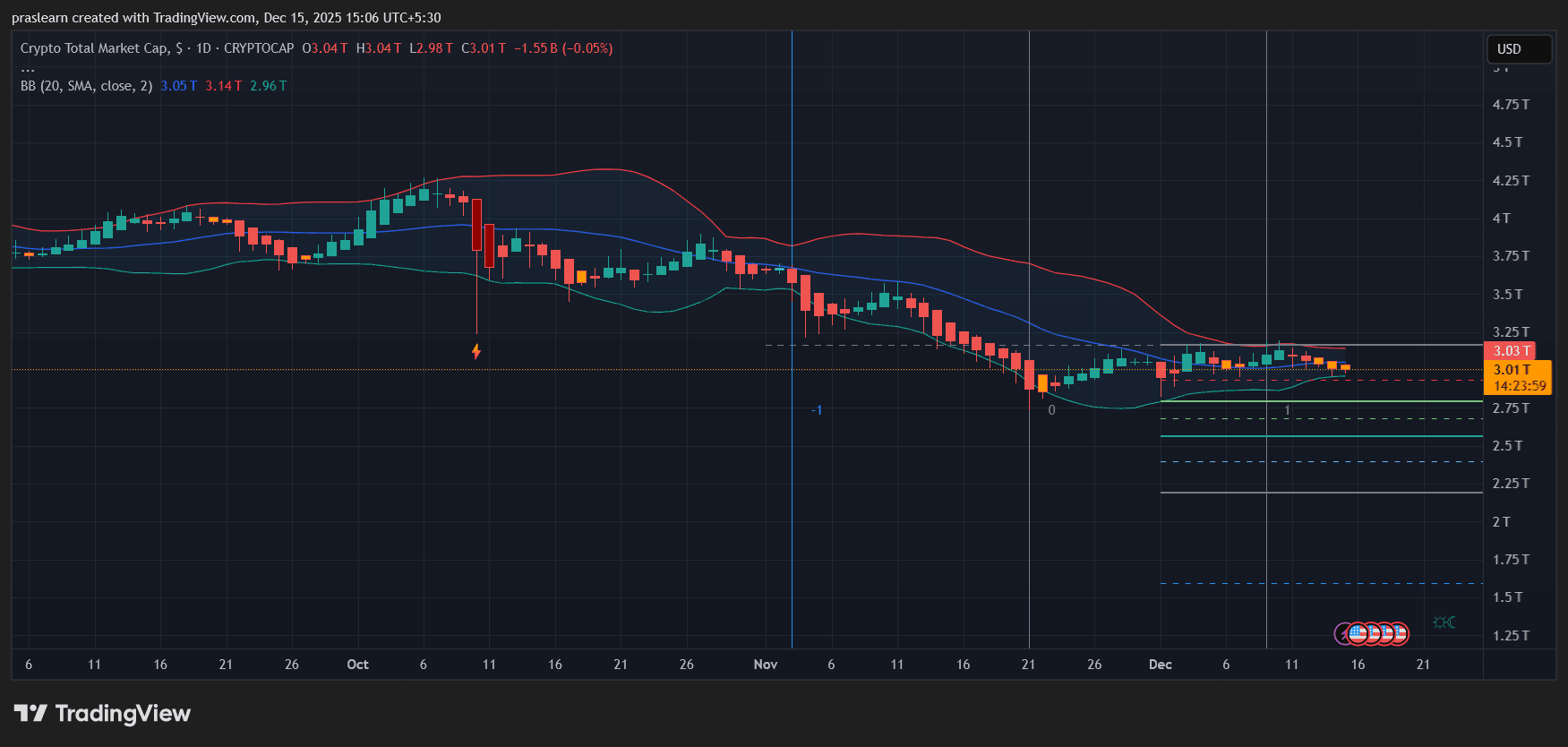Hackers steal $3.05m XRP from cold wallet, ZachXBT traces funds
Crypto investigator ZachXBT traced the funds of a victim who lost their life savings of $3.05 million in XRP.
- A victim lost their life savings of $3.05M worth of XRP from an Ellipal cold wallet
- The hack happened after the victim imported their seed phrase into Ellipal’s mobile app
- ZachXBT traced the funds to a Southeast Asian laundering ring
Self-custody is a powerful tool for security, but only if users know what they are doing. On Sunday, Oct. 19, crypto investigator ZachXBT revealed a case of a victim losing $3.05 million in XRP from a cold wallet. The investigator ultimately traced the funds to a Southeast Asian crypto laundering ring.
The initial theft happened on Oct. 12, when attackers drained the victim’s (XRP) wallet. The victim used an Ellipal hardware wallet, which markets itself as a cold wallet. However, the victim made the mistake of importing their seed phrase into the Ellipal mobile app.
This effectively made it into a hot wallet, meaning it became connected to the internet. ZachXBT explained that importing a seed phrase into a mobile app completely defeats the purpose of cold storage and exposes users to hacks.
How hackers laundered $3.05 in XRP
Following the breach, hackers used the cross-chain bridge Bridgers to swap the XRP into Tron (TRX) in over 120 transactions. The transactions appeared to go to Binance, but this was actually part of Bridgers’ liquidity path.
After the laundering steps, the attackers moved all tokens into a single Tron wallet, making it easier to move the funds off-chain. For that purpose, they used OTC desks adjacent to Huione, a Southeast Asia–based illicit online marketplace.
According to ZachXBT, Huione has connections to hacks, pig-butchering scams, money laundering, and more. The exchange has also been sanctioned by the U.S. government for facilitating massive illicit crypto flows.
Disclaimer: The content of this article solely reflects the author's opinion and does not represent the platform in any capacity. This article is not intended to serve as a reference for making investment decisions.
You may also like
Are Shiba Inu, PEPE, and Dogecoin Dead in 2025? The Numbers Tell a Brutal Story
What to Expect in Crypto Markets This Week: Macro Pressure Meets a Fragile Market Structure

Global Liquidity Set to Shrink in 2026. Here’s Why
Clean Energy Market Fluidity: Ushering in a New Age with CFTC-Sanctioned Platforms
- REsurety's CleanTrade, the first CFTC-approved SEF for clean energy , is transforming market liquidity and transparency by standardizing VPPAs, PPAs, and RECs. - The platform attracted $16B in notional value within two months, enabling institutional investors to hedge energy risks while aligning with ESG goals through verifiable decarbonization metrics. - Renewable developers benefit from streamlined financing and securitization tools, creating predictable revenue streams and expanding access to capital

